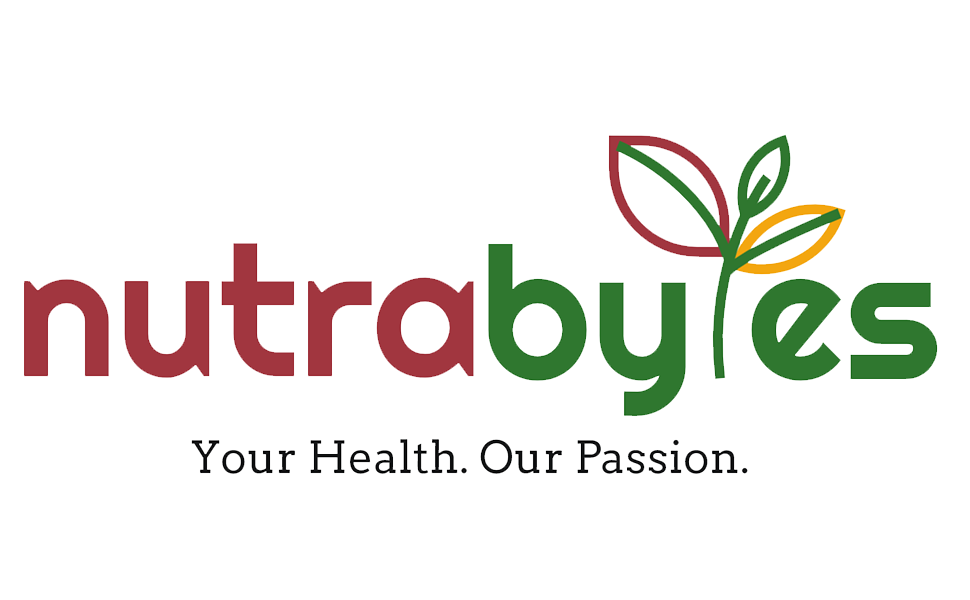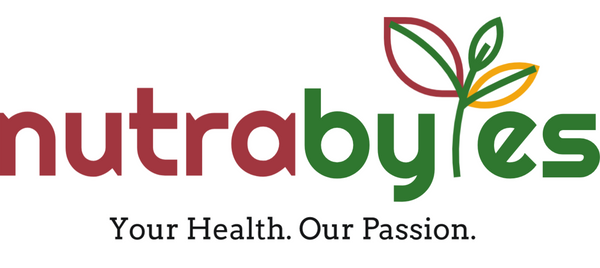In a world where nutritional needs can sometimes be challenging to meet through diet alone, nutritional supplements play a crucial role in supporting overall health and well-being.
From vitamins to minerals and various other essential nutrients, these supplements fill in the gaps to ensure our bodies receive the necessary building blocks for optimal functioning.
However, understanding the ins and outs of nutritional supplements, including their benefits, potential drawbacks, and proper usage, is vital for making informed decisions about our health.
What Are Nutritional Supplements?
Nutritional supplements, also known as food or dietary supplements, are essential nutrients the body needs. Supplements are consumed to make up for a lack of specific nutrients in the diet which are essential for the normal functioning of the body. Vitamins, minerals, botanicals or herbs, amino acids, and microbials are examples of some common nutritional supplements.
Nowadays, nutritional supplements are consumed in various forms like capsules, tablets, soft gels, gel caps, powders, gummies, liquids, and nutritional bars.
Each supplement has a particular safe dosage which needs to be strictly followed.
What Are Some Of The Most Common Nutritional Supplements?
Despite consuming a healthy and varied diet, people may still lack certain vitamins and minerals. In these cases, they need to consume dietary supplements as prescribed by their doctor. What are some of the common supplements that we need? Take a look here.
Vitamin D: Known as the "sunshine vitamin," vitamin D is crucial for bone health, immune function, and overall well-being.
Omega-3 Fatty Acids: Omega-3 supplements typically contain EPA (eicosapentaenoic acid) and DHA (docosahexaenoic acid), which are beneficial for heart health, brain function, and reducing inflammation.
Zinc: Zinc is a vital mineral that plays a crucial role in immune function, wound healing, and DNA synthesis. As a supplement, zinc is commonly used to support immune health, especially during cold and flu seasons, and may also benefit skin health and promote a healthy metabolism.
Calcium: Calcium supplements are often taken to support bone health and prevent osteoporosis.
Iron: Iron supplements are commonly used to treat or prevent iron deficiency anemia.
Probiotics: These contain useful bacteria that support gut health and digestion. They may also help boost the immune system and improve overall gastrointestinal function.
Magnesium: Magnesium supplements are known for their role in muscle function, nerve function, and energy production. They are also used to support heart health and reduce muscle cramps.
Vitamin C: Vitamin C supplements are popular for immune support, antioxidant protection, and collagen synthesis, which is essential for skin health.
B Vitamins: B-complex supplements contain various B vitamins such as B1 (thiamine), B2 (riboflavin), B3 (niacin), B6, B12, and folic acid. They are important for energy metabolism, nerve function, and red blood cell production.
Glucosamine and Chondroitin: These supplements are commonly used to support joint health and reduce joint pain, especially in individuals with osteoarthritis.
What Are The Benefits of Taking Nutritional Supplements?
Nutritional supplements are usually prescribed by your healthcare specialist in case you are deficient in one or more essential nutrients.
If you have a health condition because of nutritional deficiency, you will need to consume nutritional supplements.
Consuming nutritional supplements also helps to prevent the onset of any kind of deficiency-related diseases.
What Are The Negative Consequences of Taking Nutritional Supplements?
No matter how beneficial nutritional supplements may seem on paper, they can have negative side effects on the body.
If taken in excess, they can cause organ or liver damage, weakened bones, fetal abnormalities, heightened bleeding risk, altered anesthesia response, reduced chemotherapy efficacy, and nervous system harm.
Moreover, supplements may interact negatively with prescribed medications, emphasizing the importance of consulting healthcare professionals before supplement use.
What Are The Differences Between Vitamins and Minerals?
Vitamins and minerals are essential nutrients required by the body for various physiological functions, but they differ in their structure, sources, and roles:
Structure:
Vitamins are organic compounds, meaning they contain carbon and are primarily obtained from plants and animals.
Minerals are inorganic elements, such as calcium, iron, zinc, and magnesium, obtained from soil, water, and food.
Sources:
Vitamins are found in a wide range of foods like fruits, vegetables, dairy products, and meats. They can also be synthesized in laboratories.
Minerals are naturally present in soil and water, so they are obtained through plant-based and animal-based foods, as well as mineral supplements.
Roles:
Vitamins play crucial roles in metabolism, immune function, growth, and overall health. For example, vitamin C is essential for collagen synthesis, while vitamin D is vital for calcium absorption and bone health.
Minerals are necessary for various bodily functions, such as bone formation, nerve function, muscle contraction, and fluid balance. For instance, calcium is critical for bone strength, iron is essential for oxygen transport in the blood, and potassium helps regulate blood pressure.
What Is The Recommended Daily Dosage of Nutritional Supplements?
The recommended daily dosage of nutritional supplements can vary widely depending on factors such as age, sex, health status, and specific nutritional needs.
It's essential to consult with a healthcare provider or a registered dietitian to determine the appropriate dosage for individual circumstances.
Generally, supplement dosages are provided on the product labels, and adhering to these recommended dosages is crucial to avoid potential health risks associated with overconsumption.
Setting the Record Straight On Some Myths Surrounding Nutritional Supplements
-
What Do You Mean By Vegan Vitamins and Minerals?
Vegan nutritional supplements have been specifically formulated without any animal-derived ingredients.
They are designed to provide essential vitamins, minerals, and nutrients that may be lacking in a vegan diet, such as vitamin B12, vitamin D, omega-3 fatty acids, iron, and calcium.
These supplements are plant-based and suitable for individuals following a vegan lifestyle.
-
Are All Nutritional Supplements Safe?
While many nutritional supplements can be beneficial when used correctly, not all of them are entirely safe for everyone.
Some factors that influence the safety of nutritional supplements include the quality of the product, dosage, individual health conditions, and interactions with medications or other supplements.
It's crucial to consult with a healthcare professional before starting any new supplement regimen to ensure safety and effectiveness for your specific needs.
What Should I Know About Nutritional Supplements Before Taking Them?
- Always seek advice from a healthcare provider or a registered dietitian before starting any new supplement regimen.
- Understand why you're considering supplements. Are you lacking certain vitamins or minerals?
- Select supplements from trusted and reputable brands.
- Pay attention to product labels, including ingredients, dosage recommendations, and potential allergens.
- Some supplements can interfere with medications or exacerbate certain health conditions, so discuss any concerns with your healthcare provider.
- Nutritional supplements should complement, not replace, a healthy and balanced diet.
- Watch for any adverse reactions or side effects after starting a new supplement.
Wrapping Up
As we navigate nutritional supplements, it's essential to approach them with knowledge and caution.
While these supplements can offer significant benefits when used appropriately, they also come with potential risks if misused or taken without consideration of individual needs.
Consulting healthcare professionals, staying informed about recommended dosages and potential interactions, and choosing reputable brands are key steps in safely incorporating nutritional supplements into our health routines.














